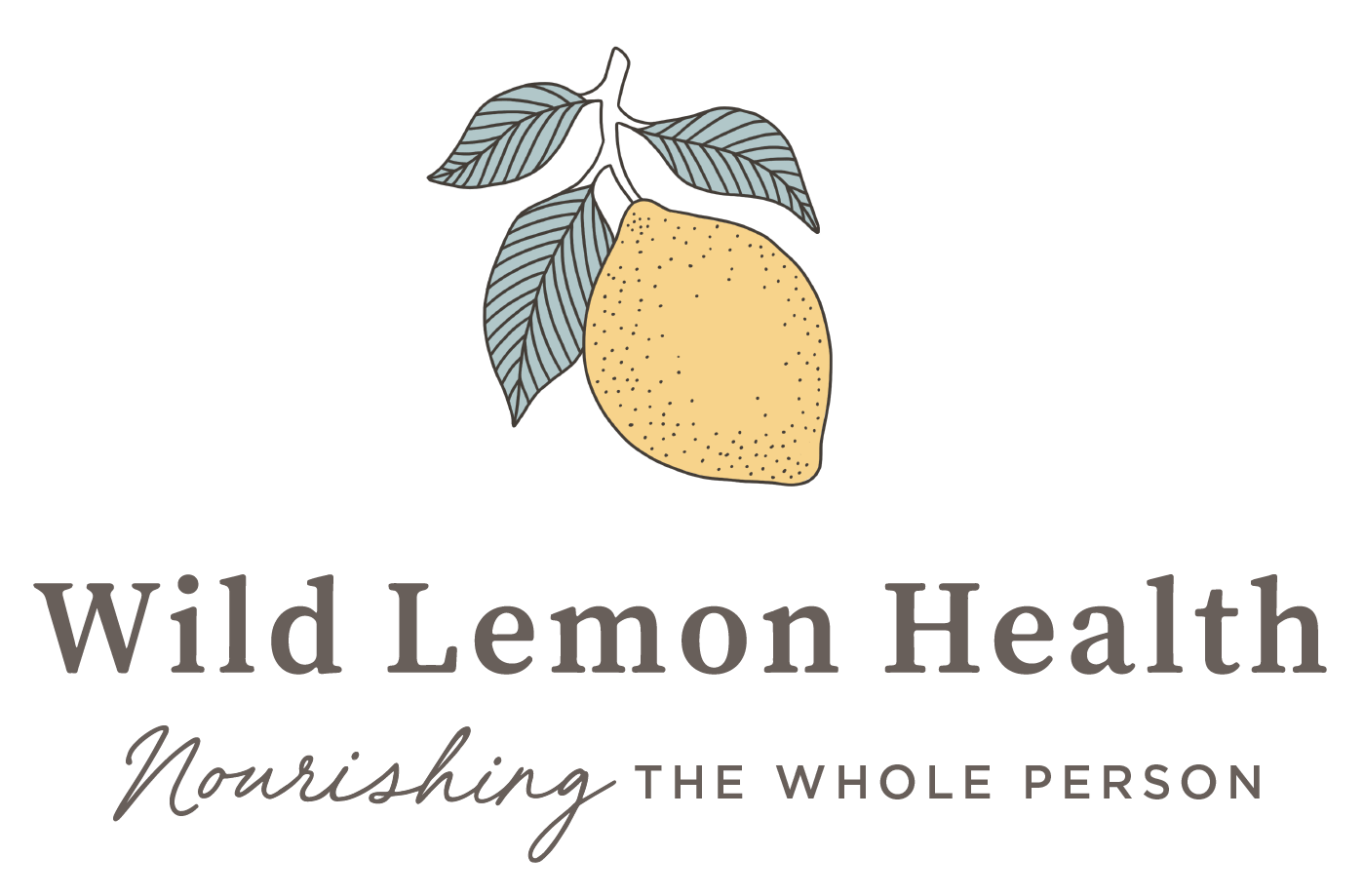What's the big deal with collagen?
Collagen is something I recommend A LOT in practice. Whether as a powder to add to smoothies or as bone broth, it’s what I consider a superfood. I often think our grandmas would think that all the fuss is silly--it’s essentially a long simmered base that doesn’t let anything go to waste. From a food perspective, pho, Jewish chicken soup, and stews all have some variation of a slow simmered broth in common.
As our food culture moved towards industrialization and processed foods, these nutritious foods were abandoned and we’re now realizing they were part of a healing diet. There’s a growing body of science to support the benefit of bone broth too:
I think this article breaks it down in wonderful detail. A bit geeky in the best way possible : )
Since people have been making slow simmered broths for a long time, I think this “fad” should be less a fad and more of a return to primal wisdom.
With that in mind, let’s clear up a few things and get you set to incorporate this easily into your diet.
What is bone broth?
Bone broth is just “stock” that has been cooked for a long time (12-48 hours) with an acidic ingredient to help draw out maximum minerals.
What’s in bone broth?
We now know that bone broth contains many beneficial ingredients, including:
Collagen/gelatin
Proline
Glycine
Glutamine
Minerals: calcium, copper, iron, magnesium, manganese, phosphorus, potassium, sodium, and zinc
What is collagen?
Collagen is one of the ingredients of bone broth. It’s one of the most abundant proteins in our bodies and is a main component of connective tissue including cartilage, bones, tendons, and skin.
Who is collagen for?
If you’re healthy, including bone broth as a base for soups or mixing collagen into a smoothie is a way to maximize your diet and optimize nutrition.
If you’re dealing with a chronic issue, bone broth is my favorite way to get nutrition into people who feel really depleted. It can help rebuild a tired immune system or nervous system. It’s always part of my recommendation if someone is anemic. And for anyone with GI distress, it’s my go-to for diarrhea, pain or constipation.
In a similar vein, collagen is my favorite protein powder to add to smoothies. It’s usually well tolerated, has a smooth texture and has virtually no taste.
In summary:
Take a look at all the science
Make a pot of bone broth. This site has a basic guide.
This collagen sparkling tea is made by a doctor-friend of mine and I can't recommend it enough: SkinTe

